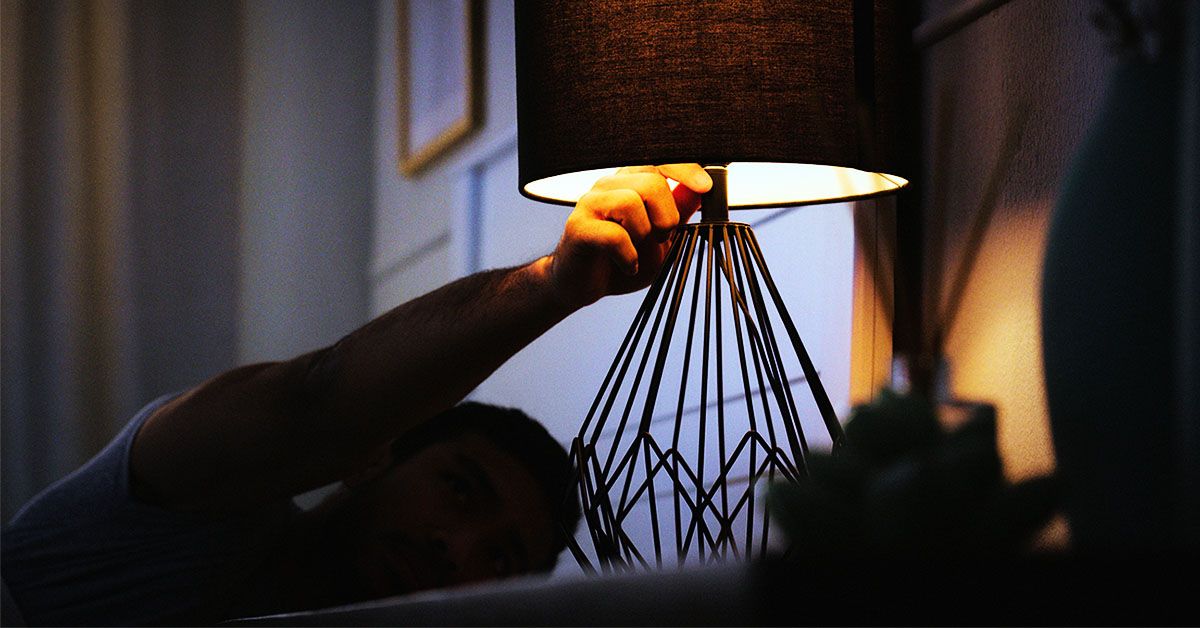Exposure to bright light at night has become a significant topic of research due to its potential negative impact on health. Numerous studies have found a possible link between nighttime light exposure and an increased risk of developing type 2 diabetes. Researchers from Flinders University have further confirmed this correlation, suggesting that avoiding bright light at night may be a simple and cost-effective way to delay or prevent the onset of type 2 diabetes. Recent research has shown that exposure to bright light at night can have detrimental effects on a person’s health. Studies have indicated that exposure to outdoor artificial light at night can heighten the risk of diabetes, while exposure to any type of light while sleeping may increase the risk of diabetes, obesity, and high blood pressure in older individuals.
The study conducted by Flinders University involved analyzing data from nearly 85,000 individuals in the U.K. Biobank who did not have a type 2 diabetes diagnosis. Participants were asked to wear a light sensor that recorded their light exposure during the day and at night. After following the participants for about nine years, the researchers found that those with higher light exposure at night had an increased risk of developing type 2 diabetes, regardless of their daytime light exposure. This study highlights the significant impact that light exposure at night can have on health and suggests that reducing nighttime light exposure could potentially lead to improved health outcomes and a lower risk of developing type 2 diabetes.
Andrew Phillips, PhD, an associate professor at Flinders University and the senior author of the study, emphasized the importance of light as an environmental factor that can affect human health. He explained that disrupting circadian rhythms through light exposure at night can lead to metabolic dysfunction, potentially increasing the risk of type 2 diabetes. Phillips noted that decreasing light exposure at night is a straightforward and cost-effective way to improve health and reduce the risk of type 2 diabetes. He also mentioned ongoing research to explore the broader impact of light exposure on human health and the potential benefits of improving lighting environments.
Health experts, including Jennifer Cheng, DO, and David I. Geffen, OD, support the findings of the study and emphasize the importance of taking preventive measures to delay or prevent the development of type 2 diabetes. Cheng highlighted the role of good sleep hygiene, such as turning off electronics at night, in improving sugar control and reducing the risk of diabetes. Geffen stressed the importance of reducing nighttime light exposure for overall well-being and suggested that further research is needed to understand the mechanisms behind the link between light exposure and type 2 diabetes. Overall, the study underscores the potential benefits of avoiding bright light at night as a simple and effective way to promote better health and reduce the risk of developing type 2 diabetes.











